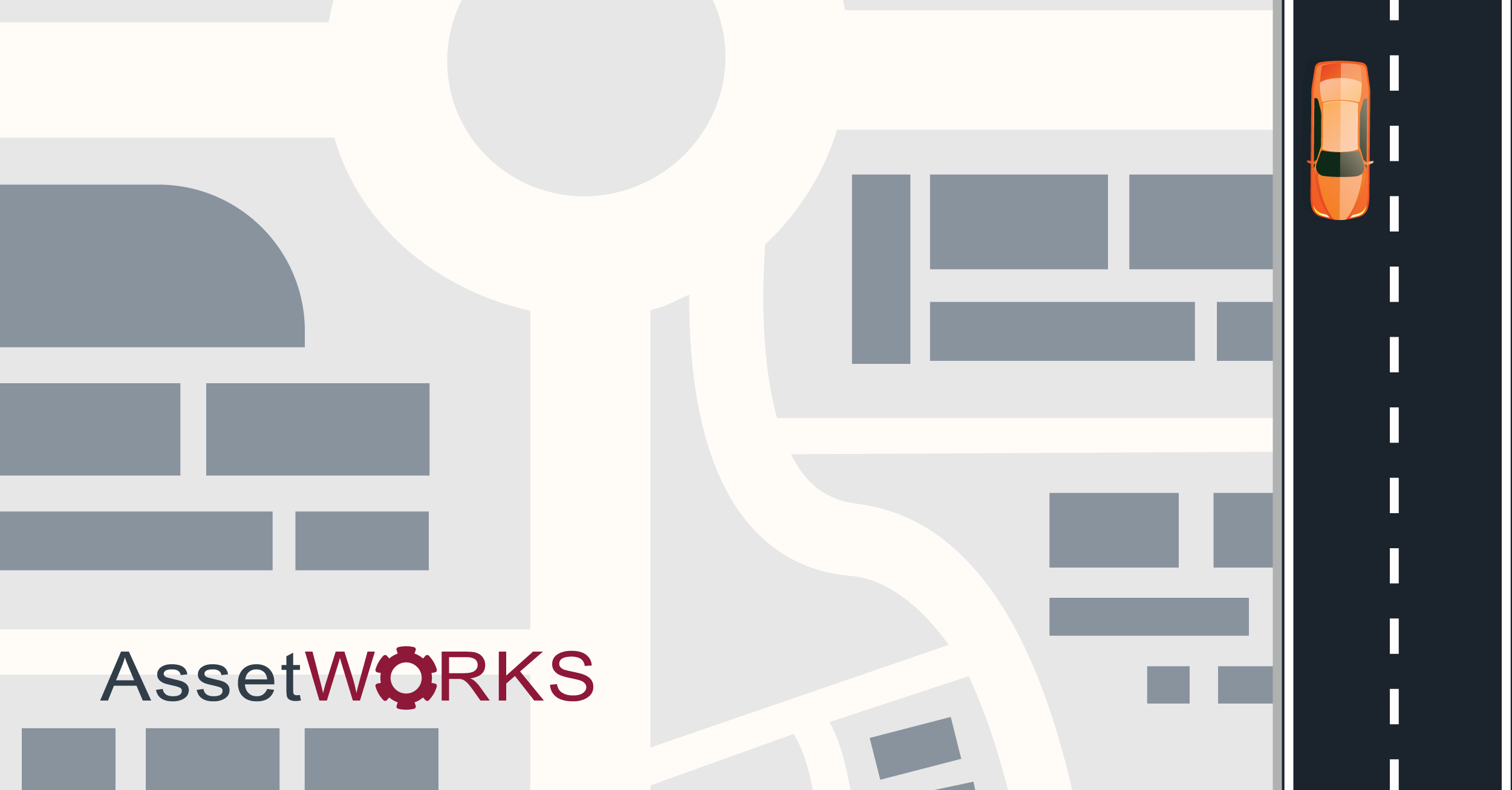Ferus, Inc., headquartered in Calgary AB, is focused on leadership and “finding better ways” in the production and transportation of oilfield consumables, Liquid CO2, Liquid N2, LNG and sand since 2004. In their quest for the best way to operate and manage their fleet, drivers and compliance, they realized the need for a sophisticated software solution. Originally, they selected a different field service provider, but decided that it didn’t quite fit what they needed. Where they could only switch paperwork to electronic, they also wanted to track items, add ticketing and more that would have been additional add-ons. Dean McGonigle, General Manager, noted that they were looking for a new solution to eliminate these pain points: “slow invoicing times, inefficiency in labor costs by manual ticketing, and reliability issues caused by multiple systems operating independently.”
If a new solution was to improve their operations, McGonigle explained, it would feature “single point tracking, ticketing and invoicing, while also reducing labor costs and improving invoicing times.” After looking at seven or eight different systems, Ferus settled on AssetWorks FSS. “Sunny [Gill] and Jason [Moore] absolutely killed it at the pitch and introduction,” Nick Bauer, Logistics Manager, remarked. Sunny Gill is a Sr. Project Manager on the FSS team, and Jason Moore is the Regional Sales Manager for the area. While the Canada ELD mandate helped to quicken their search, they ultimately were impressed by the pair that FSS was a single point solution, and that it was also based in Calgary. Importantly, McGonigle noted that FSS provided three essential elements of the business: implementation, optimization and utilization.
Implementation
Ferus initially wanted to make sure that their primary operational interests were accounted for. In other words, the first features of the FSS software package that they wanted implemented were electronic work orders and E-logs. On average, Ferus tracks 68 units across its operating territory. Due to the distance and extended time from a base site, electronic versions of these forms and records can allow for near instantaneous transfer to the back office. While these aren’t yet the direct improvements to billing that FSS can offer, expediting any part of the chain of operations ultimately speeds the entire process. As such, billing and back office management experienced minor improvements, setting them up for the future roll-outs in the software.
Bauer mentioned some of the key elements of the introduction and implementation processes that helped them hit the ground running: “We loved the ticketing and mapping software, plus the tablet and other hardware.” To Bauer and McGonigle, it seemed like these elements were coming together at the right time to help create an effective solution. “Training was simple and quick, and we liked not having a dual system – it was an all-in-one,” said Bauer, “We were concerned from previous experience that the training would be difficult, but it ended up not being a problem.” Manuel Prieto, Professional Services Manager at AssetWorks, described the implementation process as very successful. “The implementation went well,” noted Prieto, “Ferus saw the impact on their business right away as they went from billing their clients from 2-3 weeks down to days. It was an easier implementation because of the time we put into completing the deliverables documentation.” With implementation ultimately being successful, it was time to move on to further optimizing the FSS software for Ferus’ specific needs.
Optimization
FSS allows for distinct and robust customization in many of its features. Most notably, Ferus took advantage of this option to develop 100% custom ticketing, along with DVIR management that is tailored for their organization. “Customization seemed scary at first,” said McGonigle, “But it has smoothed out and now it works phenomenally for us.”. Between switching from their own method to a different provider’s method, to adding on additional software, to switching to an all-in-one with FSS, they had experienced their fair share of adapting and customizing. Ferus came ready with the answers and specifications they needed for the FSS team to ensure that the software was set up to their liking. Throughout a period of testing and refining, the system got to a point that Ferus was very happy with the results and workflows.
Bauer continued his thought to specify that Ferus has saved on staffing and collateral resources, which have a significant impact on the business. By reallocating and utilizing certain personnel and resources to the most efficient positions, Ferus was able to improve multiple aspects of their operations.
Utilization
After FSS was implemented and optimized at Ferus, it was time to begin seeing how the software played out in larger amounts of drivers across their territory. For Ferus, it was actually easier to get the E-logs as a pilot for their U.S. drivers. “We were able to work out any small kinks with this pilot group, and then rolled it out to our Canada-based drivers,” noted McGonigle, “It was incredibly helpful to have a provider that works for both countries.” Not surprisingly, deployment was a concern for the team at Ferus. Any new kind of software, especially to a large group of remote workers, poses a challenge for training and adoption. To Ferus’ delight, it was smoother than anticipated. “Our drivers adapted very easily, the new guys even learned it in a day or two,” recalled Bauer, “That was a concern for us, but it ended up not being a problem.”
Previously, the office and accounting teams at Ferus were responsible for chasing down paperwork from all of the drivers, and they ended up wasting a lot of man hours. If a driver was halfway across the territory, the office could have to wait a while before they got the paperwork that they wanted. With FSS, Ferus was able to cut a lot of their hours for turning around a job to invoicing. “It used to be 7-10 days to for us to be able to turn around a job, now it takes just 24-48 hours,” stated McGonigle. Shaving six or more days per job is outstanding for a business that does not receive payment until they properly invoice their clients. With their drivers utilizing and make the most of their deployed software, Ferus is ready to look forward to additional improvements and roll-outs.
Looking Forward
What comes next for Ferus? With a widely successful implementation and deployment, Ferus is sizing up the next improvements and features that they want to try out. The progression of their billing department integration would help ensure that all old information has been transitioned to the newer FSS software. Keeping their future goals SMART (Specific, Measurable, Achievable, Realistic and Timely) has helped them focus and keep things in perspective. If billing is the next goal that fits that criteria, then it is the next goal go be achieved.
That doesn’t mean that Ferus cannot be excited about other advancements in the future. FSS has a major development and improvement on the way, and McGonigle is ready for it. “We are very excited for FSS 6. It’s ability to be used on any browser and tablet would greatly benefit our workplace processes and adoption from staff in and outside the office.” FSS 6 comes with sharper responses, a cleaner interface and more improvements for the end user. Ferus has successfully implemented, optimized and utilized AssetWorks FSS software, but that doesn’t mean they have to stop there. There is always room for improvement if you look for it.












